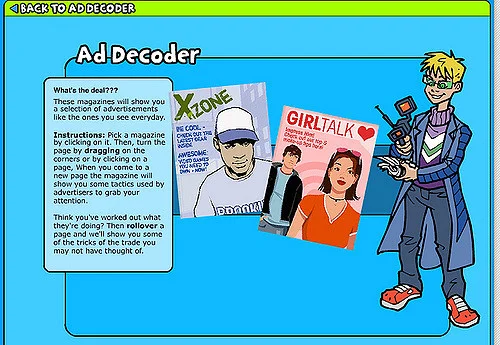In the last post, we asked if games could be transformational.
This time, we ask, can game-play transform financial literacy and financial decision-making?
Let’s consider role-playing games, or RPG’s for short. In an RPG, each player selects a character through which they play the game. The character has strengths and deficiencies that can impact how successfully the player can play the game. Also effecting player success are the player’s strengths and weaknesses. The player must merge her skills and knowledge with those of character, which creates a new character. The player has the power to develop skills, knowledge and abilities of this new character through game play. In fact, character development is required if the player is to progress in and succeed at the game.
The player not only brings her existing skills, knowledge and abilities to the game, but also personal beliefs abut the world, the game, the game genre. These personal beliefs are challenged as the player merges with the game character and attempts to develop the character’s abilities to succeed at the game. One could say that transformation is taking place in this specific game environment as the player develops her own and her character’s abilities to win challenges. Transformation could be taking place in this specific game world whenever as new hypotheses are tested. Personal beliefs related to this game environment are challenged and modified as the player continues to progress in the game.
If transformation can take in entertainment games, why could this not happen with a well designed financial literacy education game? Forget, for the moment, about whether or not such a game actually exists and consider, what if such a game did exist?
Imagine a game where a player/learner plays a financial RPG as a character who has who has strengths and deficiencies that impact that character’s ability to make effective financial decisions in the game. The player also has his own set of knowledge, skills, abilities and personal beliefs about money, finances and all those elements that impact financial success. In this financial game, the player has to merge his skills and beliefs with those of his character, and during the course of game-play, discovers how his personal beliefs help or hinder his success at the game. Would not such a game be considered transformational?
What do you think? Do you think such a game could transform a player/learner’s financial decision-making?

































